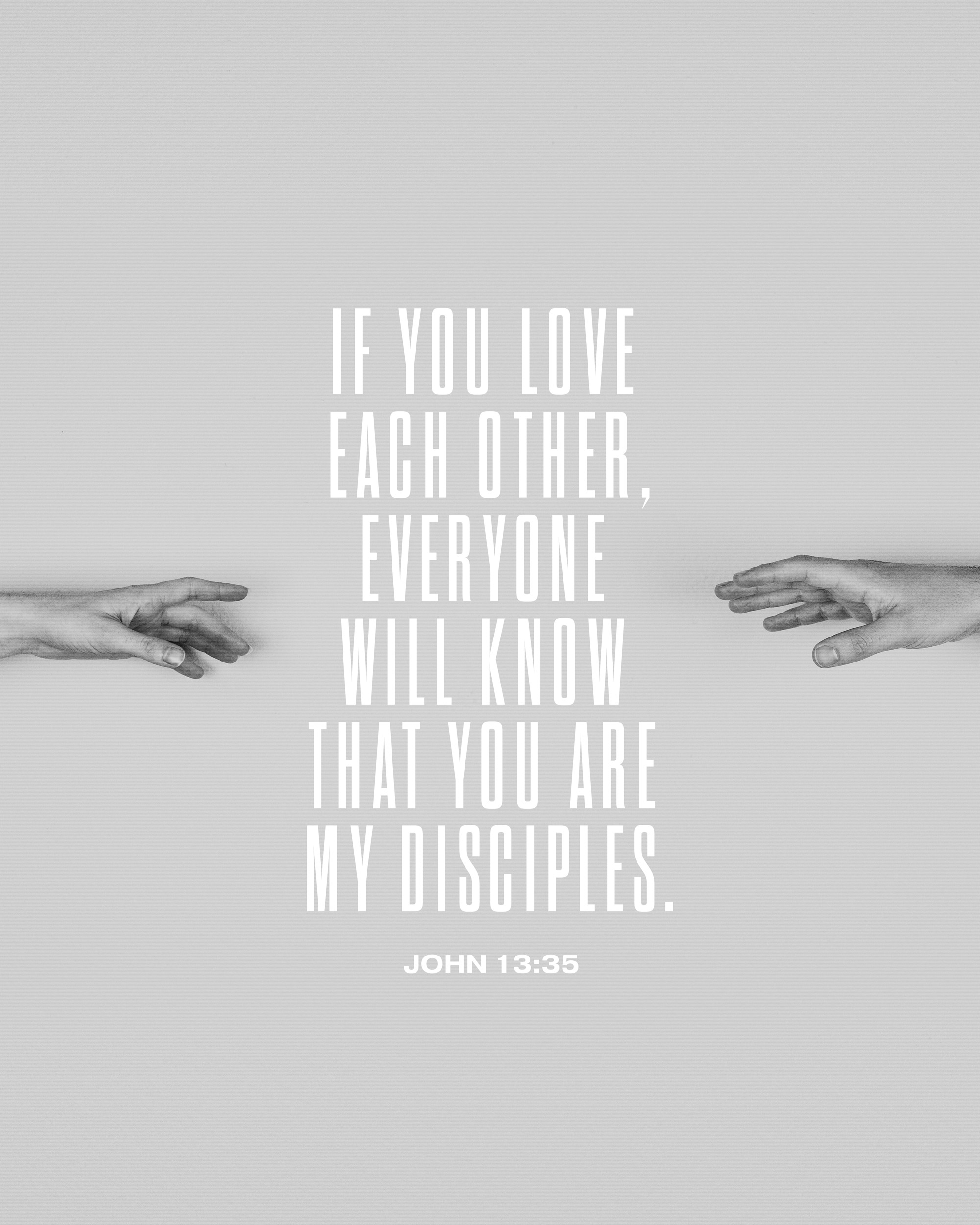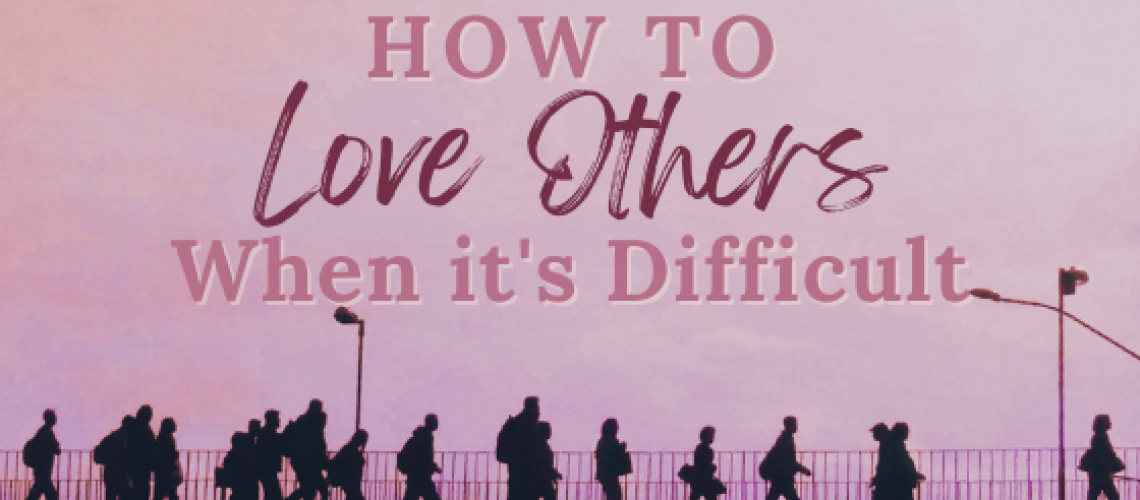
To think about a love without condition is daunting. In some ways, it is a legitimate concern to wonder if any of us can do more than strive for it. What might be a good place to begin is to understand it and, with God’s grace, to believe in it.
What does it mean to love unconditionally?
We know what love is when we hear the words of the Lord and see His life. As we sing in the Matins service: “God is the lord and has revealed himself to us.” The person of Jesus Christ shows us who God is and who we are. With his words and with his life, Jesus demonstrated that the human being who seeks to follow Him denies himself for the sake of the other. In John 12:34-35, Jesus gives a new commandment: “Just as I have loved you, you also should love one another. By this everyone will know that you are my disciples, if you have love for one another.” – John 12:34-35
This love that He speaks of is demonstrated in being a living sacrifice, so that others may live. He says that loving one another as He did is what will show others that “you are my disciples.” So, following Him means loving unconditionally. To love as Jesus loved is to give your life as an offering for the life of the world…an offering that doesn’t take each person’s choices or behavior into account. To love unconditionally is to welcome all people and serve all people without deciding if they’re worthy or not. Unconditional love welcomes the stranger with the same hospitality as the friend.
Why is loving unconditionally so difficult?
What it often comes down to is that we confuse an act of love for an expression of approval. We may think that open arms for someone means we affirm their behavior and lifestyle. The reality, though, is that love is about how you welcome others…not why or if you do. At the heart of following Christ is to love and serve every person you encounter, without asking for an account of their life.
Love, as 1 Cor 13:4-5 tells us, looks like this: Love is patient; love is kind; love is not envious or boastful or arrogant or rude. It does not insist on its own way; it is not irritable or resentful.” Love makes room for patience and kindness, even in the face of hurt and confusion. Love rejoices in blessings and silences disapproval and control. Love shines the light on the other and allows me to celebrate you, even in the face of my own disappointment and desires.
Love doesn’t say, when I agree with everything you do, let’s eat together. Love says, if you are hungry, I will feed you.
Love doesn’t say: Everyone is my best friend. Love says: Everyone is my brother and sister.
Love doesn’t say: You don’t deserve my love. Love says: Lord have mercy on us all.
When is it most difficult to love unconditionally?
Let’s take some time now to really wrestle with why we can feel justified in putting conditions on love. These three examples are some of the most common situations where our ability to love unconditionally is challenged.
We feel hurt by someone. It is absolutely healthy to take time and space away from someone who has hurt you. In fact, it is an act of love to discern how healing needs to happen. Every instance of hurt between two people is unique and the amount of time and space needed for healing will depend on the situation. Where love shows up is in how you convey your needs and put up boundaries. Will you repay hurt for hurt? Will you delay reconciliation as a form of punishment? Unconditional love continues to be present in acknowledging the humanity and equality of all the people involved. With God’s grace and peace, what seems impossible can be done – choosing to love when you’re hurting.
We don’t want to affirm someone’s choices. This one seems to be a common justification for rejecting a person vs. welcoming them. Here’s the simple reality: Unconditional love is one thing. Unconditional acceptance is another. My job is neither to affirm or condemn your behavior. Rather, my calling is to make sure my own behavior is loving and welcoming to you. My starting place isn’t to agree or disagree with who you are. It’s to see you, and love you, where you are. In his 55 maxims on Christian Life, Fr. Thomas Hopko says: Give advice only when asked or when it is your duty. We must be mindful to allow people their freedom. Casting someone out doesn’t assist them in finding the light. If anything, it brings more darkness into their life. We find our true selves in Christ when we are embraced by the love of a community. Give God the space to work in the lives of others by making space in your life for those that need unconditional love the most.
We don’t think someone deserves our love. I am always baffled by stories of mothers who forgive the person that murdered their child. This is the embodiment of unconditional love. To forgive is not a statement for or against what someone did. Forgiveness says, I will not hold your sins against you because I have enough of my own. Imagine if Jesus only died for those of us he felt deserved it. A love that is unconditional lives through our confusion and breaks down the walls that divide us. When I approach someone with a spirit of evaluation, I am disregarding them as an Image of Christ. When I approach someone as an Image of Christ, love becomes the center of the relationship. We don’t love only those we feel deserve it. We give our love to all because God did first. If love is conditional, no one is deserving…first and foremost, myself.
Let us strive to love without conditions. We aren’t meant to teach each other lessons. We are called to witness to the love of our Lord Jesus Christ by serving Him in each person that He died for.




